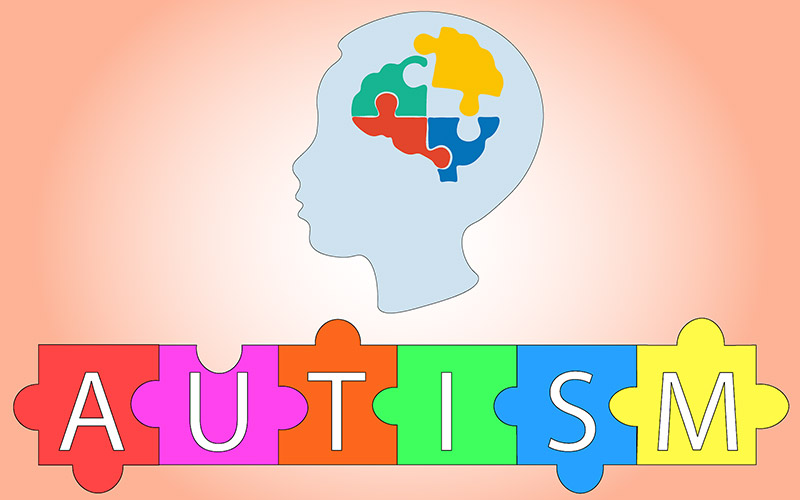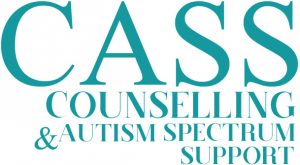ADHD and Autism spectrum disorder (ASD) are related in several ways
Over recent years experts have changed how they think about the relationship between autism (ASD) and ADHD.
Although ADHD is not on the autism spectrum, some of the same symptoms are evident and people who living with one of these conditions have increased chances of having symptoms of the other. Many developmental issues are likely to occur together and for example, children who face language issues are more likely to have reading disorders.
Published in 2013, The Diagnostic and Statistical Manual of Mental Disorders (DSM-5) states that a person can be diagnosed with both ADHD and ASD. This allowance for the symptoms of ADHD and autism to overlap is a modern development as previous publications said that people couldn’t have autism and ADHD.
People with autism often struggle with paying attention. Their attention difficulties can be a result of language difficulties, not understanding directions and finding it hard to filter out distractions which all affect our ability to focus. ADHD affects social skills and can result in people avoiding eye contact and being unaware of people’s personal space. These overlapping symptoms in people have lead to children being misdiagnosis by professionals so it is advisable to get a second opinion.
For an accurate diagnosis of conditions all aspects of a child’s developmental functioning needs to be considered. Academic skills attention and focus, behaviour, language, social skills, mood, play skills and motor skills are all part of a good neuropsychological evaluation.
Related genetically Autism and ADHD need more research for a better understanding of the complexities of their connections.
Children with autism and ADHD usually benefit from having a routine and knowing what to expect in their lives. Also, Autism often co-occurs with other conditions such as ADHD. Therapy and support to help improve attention and organisation can lead to better well being and overall happier life experience. Autism can look different from person to person and challenges for people with ASD include communication, social interaction and sensory processing. However, they aren’t the only individuals in society who face these kinds of challenges. Many people who learn and think differently are also challenged when trying to communicate effectively within social settings.
CASS counselling and support services are designed to support neurodiverse people. Our integrative approach rejects the standard psychoanalytical models and embraces going on a journey to explore your full potential as a normal person.


